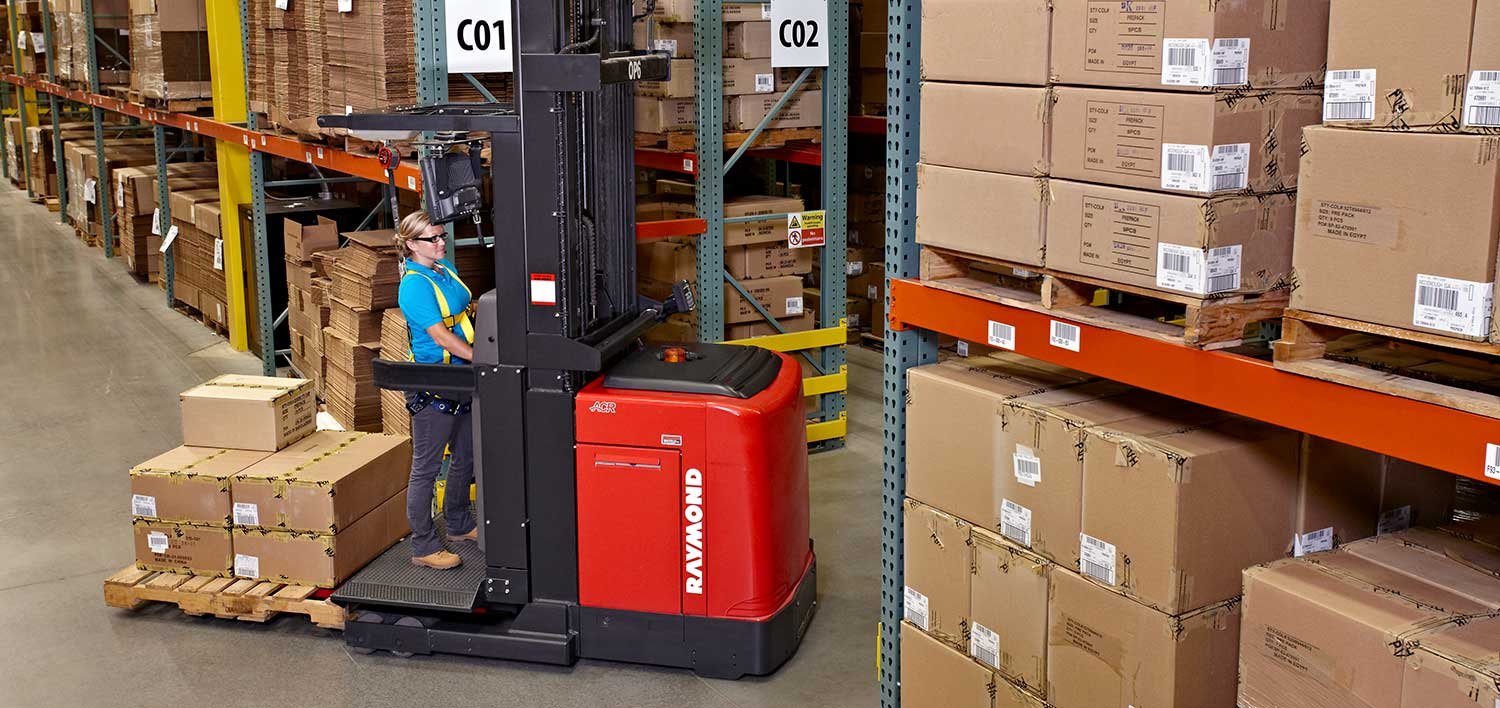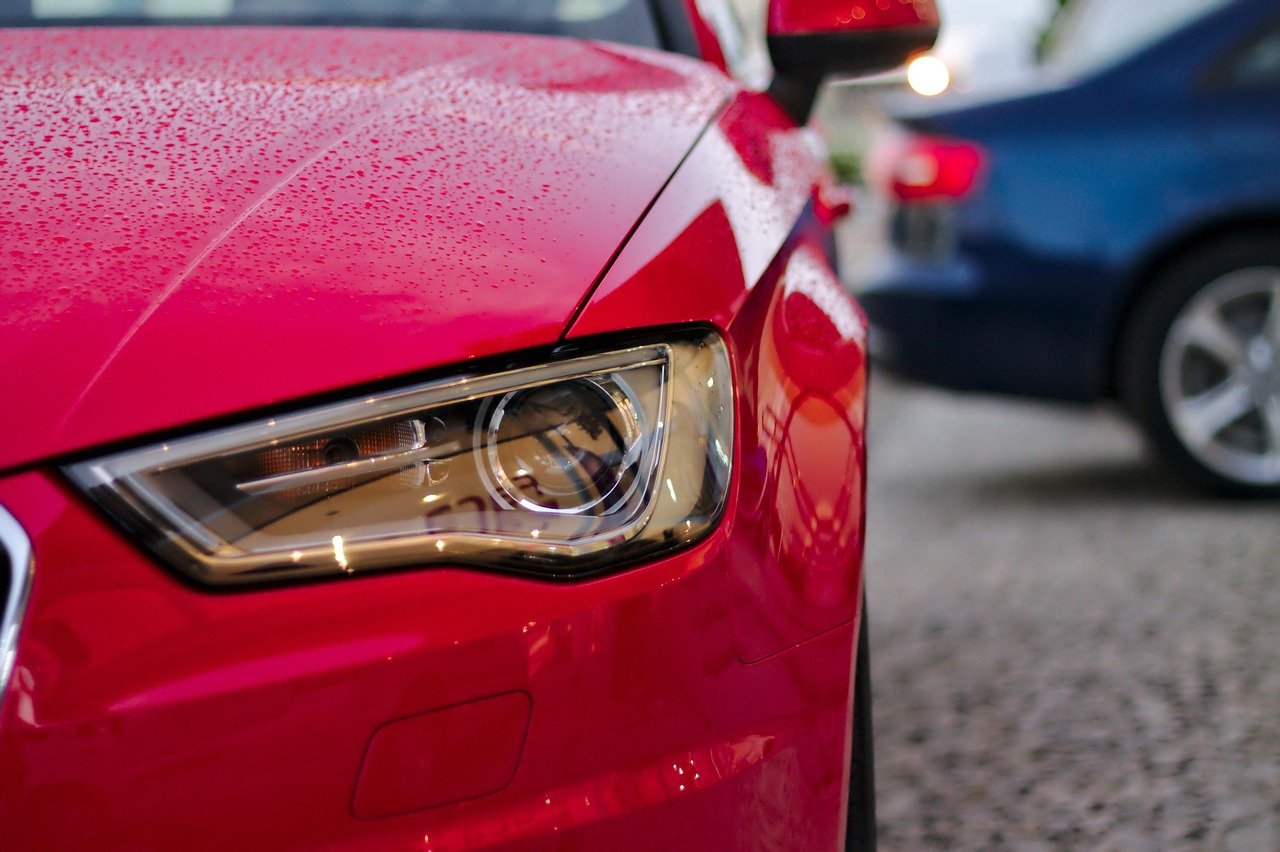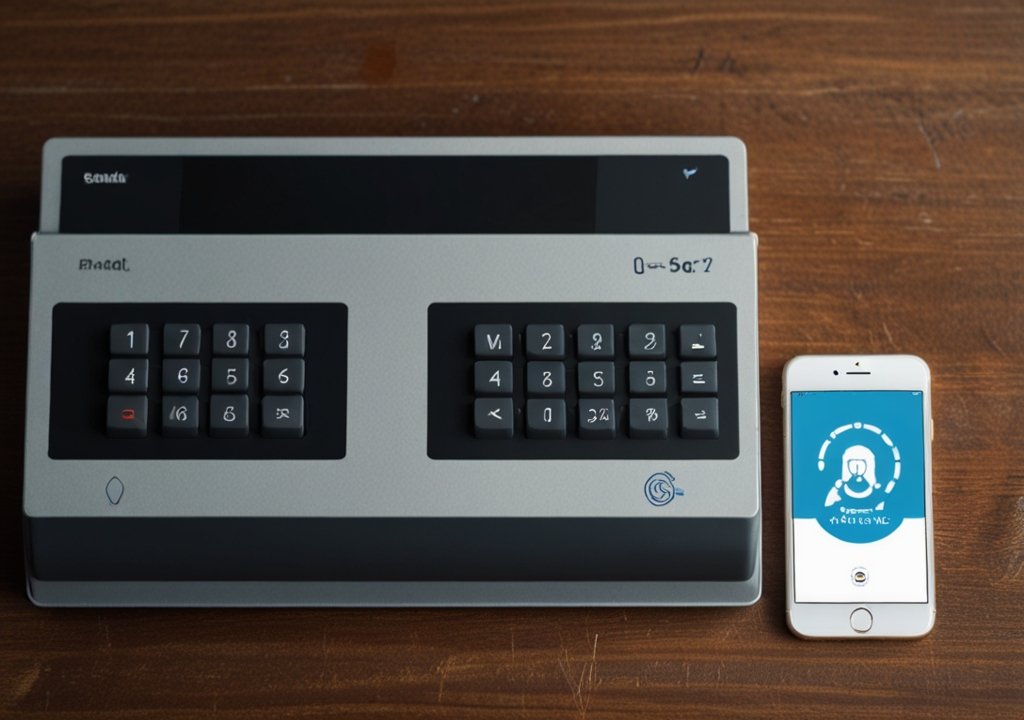Material handling has evolved over the years. Forklifts have long been the preferred choice for warehouse and logistics operations, efficiently transporting heavy loads over distances. However, businesses today are re-evaluating their approach, asking—Is a forklift always the best option?
While forklifts are powerful and indispensable for heavy-duty lifting, they also come with higher costs, space requirements, and operational complexities. With modern warehouses optimising every square metre and sustainability becoming a priority, electric stackers are emerging as a viable alternative. But what makes electric stackers such a game-changer, and how do they compare to forklifts?
A Smarter Investment: The Cost Equation
One of the biggest factors in any enterprise is cost. Forklifts, especially diesel models, come with high upfront expenses, fuel costs, and regular maintenance, including engine and hydraulic repairs.
Electric stackers reverse this equation. Their battery-powered operation significantly lowers fuel costs, and lithium-ion battery models offer extended lifespans, resulting in fewer replacements. Additionally, with fewer moving parts, maintenance becomes less frequent and more cost-effective.
For businesses prioritising cost efficiency without compromising performance, switching to electric stackers makes strong financial sense.
Space-Saving and Warehouse Efficiency
In many modern warehouses, every square metre is a valuable asset. Forklifts, while robust, require larger turning radiuses and clearance, making them less suitable for compact workspaces or narrow-racking systems.
Electric stackers are designed for agility in tight spaces. Models like the Godrej BRAVO 3-Wheel Electric Forklift offer excellent manoeuvrability, but pallet stackers take it a step further. The Crown ES/ET 4000 series Electric Stacker, for instance, is engineered for precise navigation in confined areas, making it ideal for retail backrooms, distribution centres, and smaller warehouses.
For businesses that don’t require the full lifting capacity of a forklift but need efficient vertical stacking, electric stackers offer the ideal solution.
Ease of Operation: No Special Licence Needed
Operating a forklift isn’t as simple as stepping in and getting to work. Forklift operators need certification, which means additional training costs, hiring specialists, and ensuring compliance with safety regulations.
Electric stackers, in contrast, are more user-friendly and do not require formal certification. Their intuitive controls make them easier to learn, allowing warehouse staff or retail workers to operate them efficiently with minimal training. This flexibility enables businesses to streamline their workforce without extensive onboarding requirements.
Safety and Workplace Well-Being
Safety is paramount in material handling. Forklifts, due to their size and weight capacity, pose a higher risk of collisions, tipping, or operator error.
Electric stackers offer a safer alternative in indoor environments. Their compact size and controlled handling reduce workplace hazards, making them a preferred choice for businesses that prioritise employee safety.
Less Noise, More Productivity
A warehouse filled with diesel forklifts can be a noisy environment, leading to miscommunication, stress, and fatigue among workers.
Electric stackers operate much more quietly, creating a more comfortable and efficient workspace. This is particularly beneficial in environments such as supermarkets, hospitals, and high-end retail storage areas, where noise levels must be minimised. A quieter workspace not only enhances productivity but also improves overall team coordination.
Perfect for Light to Medium Loads
Not every business requires a forklift for daily operations. Many warehouses, retail storage spaces, and distribution centres handle loads within the 1.5 to 2-tonne range, making forklifts an unnecessary investment.
A pallet stacker strikes the right balance between efficiency, affordability, and space optimisation. It handles light to medium loads with ease, making it a practical alternative where full-sized forklifts aren’t needed.
Why Businesses Are Moving Toward Electric Stackers
The material handling industry is evolving, and businesses seeking agility, cost savings, and safety are increasingly turning to electric stackers. Companies like Godrej Material Handling are leading this shift, offering advanced battery-powered forklifts and stackers designed for high performance in compact spaces.
For businesses looking to future-proof their operations, electric stackers provide a cost-effective, sustainable, and safer alternative to traditional forklifts.
Conclusion
Choosing between an electric stacker and a forklift isn’t just about lifting capacity—it’s about optimising efficiency, cost, and safety based on business needs. While forklifts remain essential for heavy-duty tasks, electric stackers are proving to be the smarter choice for businesses focused on agility and cost savings.
With companies like Godrej Material Handling offering top-tier intralogistics solutions, the transition to stackers and battery-powered equipment isn’t just a trend—it’s the future of efficient warehousing.
You May Also Like: Thе Futurе of Cooking Bеgins with Stainlеss Stееl Induction Cooktops











